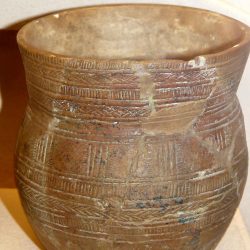Change of website, revision of the Late Proto-Indo-European Etymological Lexicon (downloadable as Excel file), and Indo-European demic diffusion model, 2nd edition
If you have visited our websites recently, you might have noticed some important changes: The old website and name have been renewed: The informal group will be called from now on Academia Prisca, and the official website is academiaprisca.org. It was the name chosen by Fernando López-Menchero more than a year ago (you could see Read more about Change of website, revision of the Late Proto-Indo-European Etymological Lexicon (downloadable as Excel file), and Indo-European demic diffusion model, 2nd edition[…]

